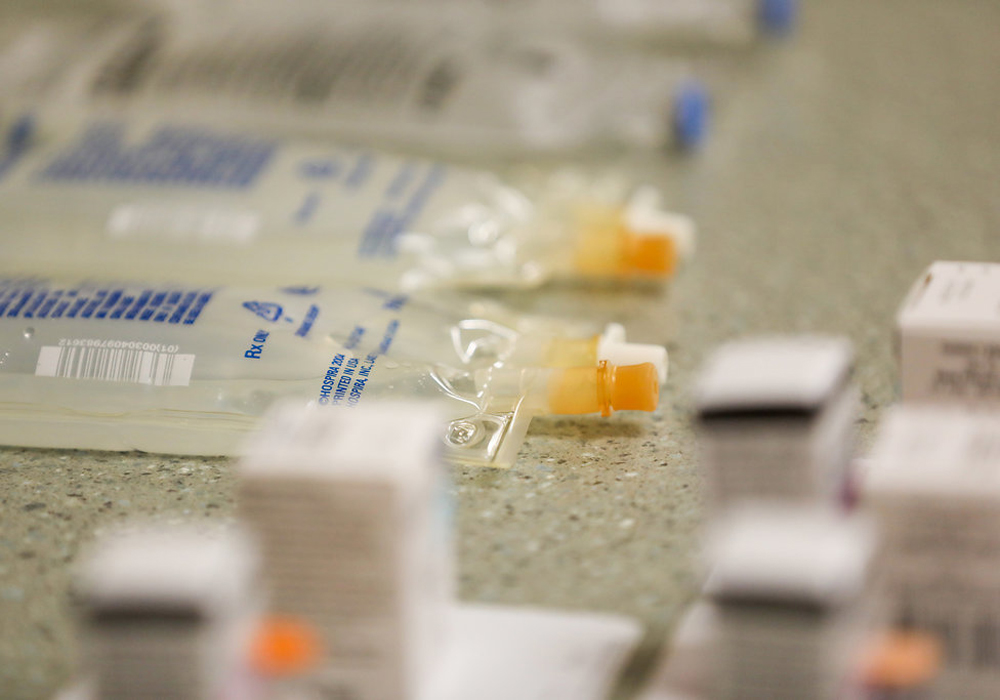Taking an intentional drug holiday may improve patients’ response to reintroduction of treatment in drug-resistant melanoma, according to the results of a study published in Cancer Discovery.
Approximately 50% of advanced melanomas express BRAF mutations and another 20% express NRAS mutations, both of which can be treated with MAPK-targeted therapies. However, many of those melanomas can develop resistance to treatment over time.
In the new study, researchers discovered that the resistance can be compared to a drug addiction: the tumors develop a dependency on MAPK-targeted therapy to retain their fitness and survive. When the therapy is removed, the tumor experiences withdrawal, triggering a buildup of MAPK signals that stress the tumor, cause DNA damage, and ultimately result in tumor cell death.
The study, which was conducted in mice, demonstrated shrinkage of multiple types of treatment-resistant melanoma. The findings will help to define new clinical studies that can capitalize on the mechanisms of MAPK inhibitor addiction and hopefully new options for treatment-resistant melanoma in the future.






